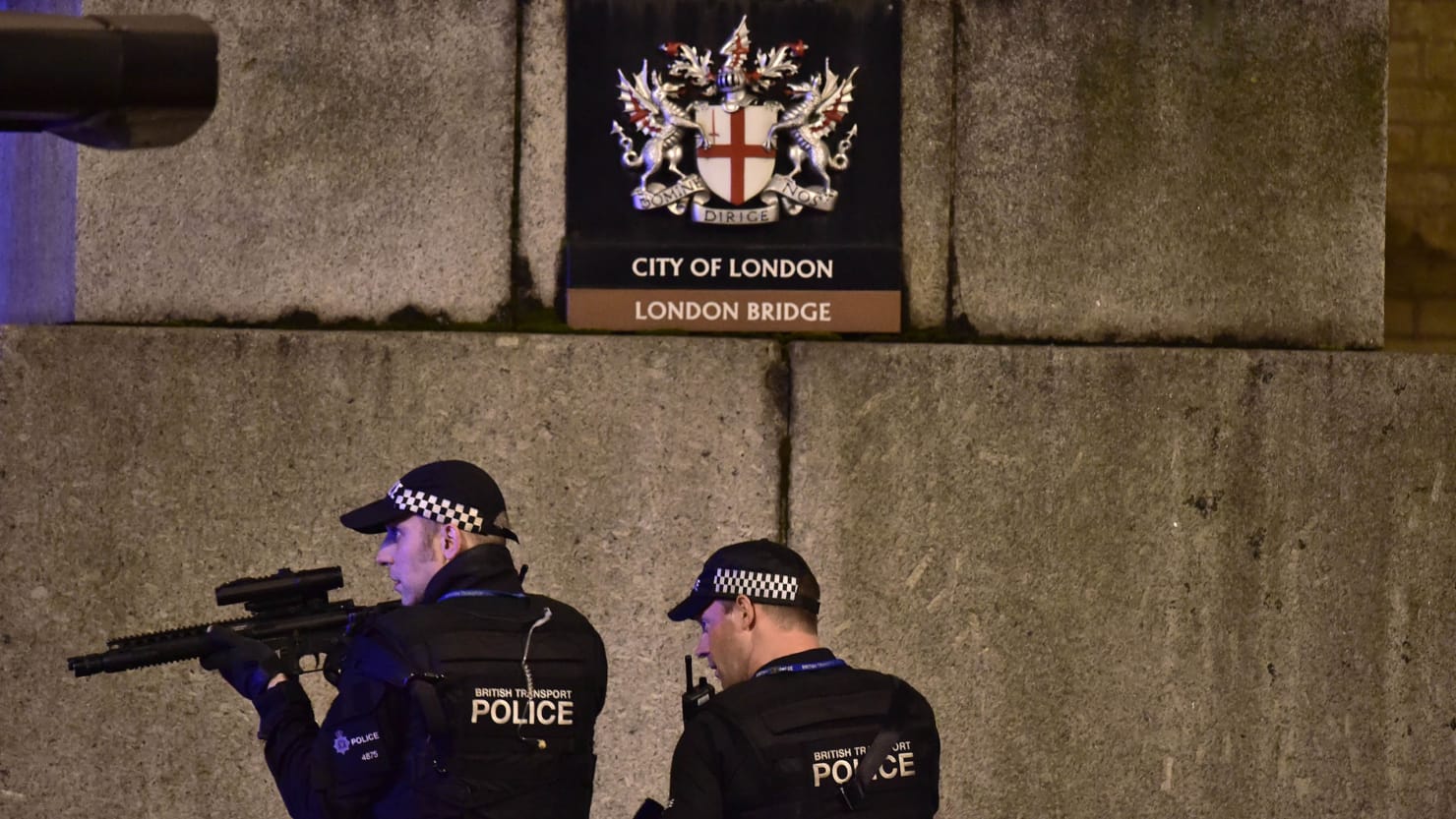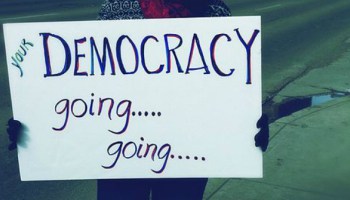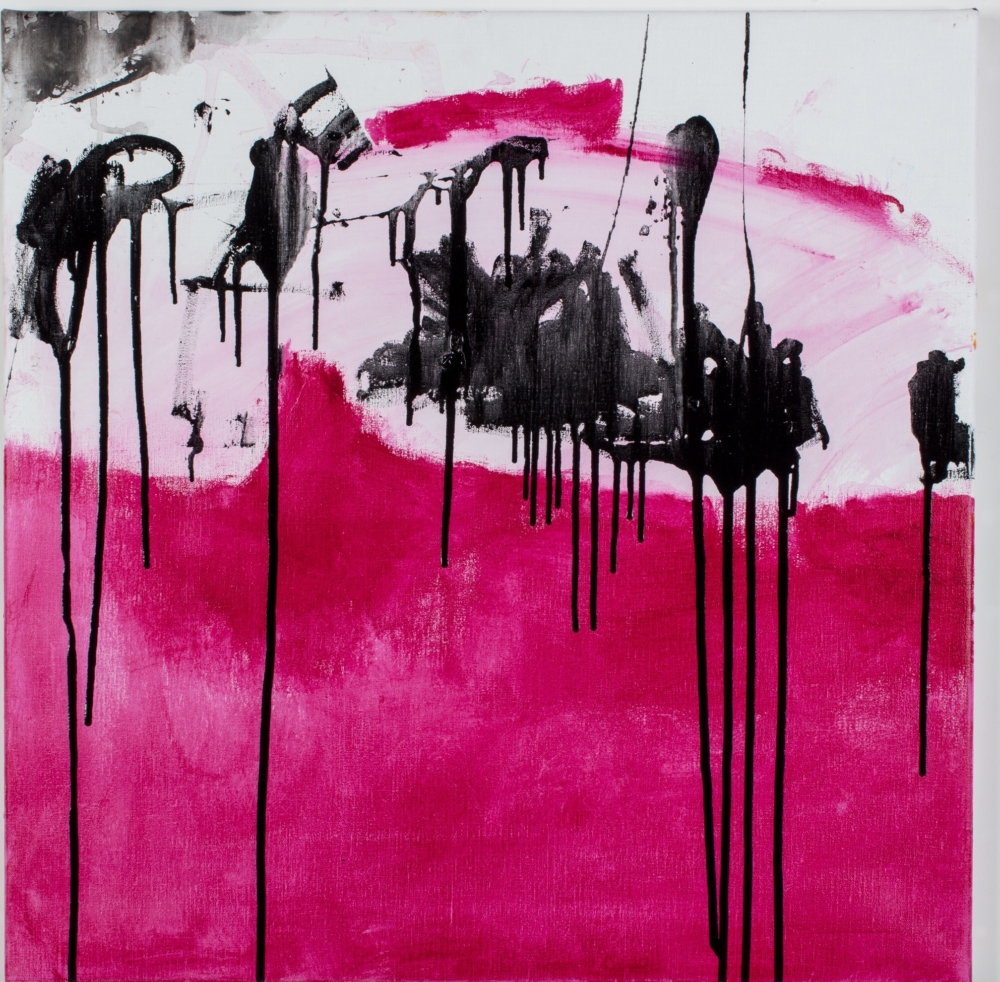If they demonstrate one thing above all else, the horrific terror attacks in London and Manchester are proof that policies pursued by successive governments have failed. Now it’s time to give Jeremy Corbyn’s approach a chance.
Since 2000, there have been no fewer than 13 pieces of legislation related to the “war on terror”. Yet UK’s citizens are today far more likely to be victims of indiscriminate terror than they were before the state decided that a crackdown was the way to go.
The first major piece of legislation – New Labour’s anti-terror Act of 2001 – was discriminatory from the outset. David Blunkett, then home secretary, had to withdraw the UK from provisions of the European Convention of Human Rights to enforce his plans.
Detention without trial was introduced for the first time in mainland Britain since the entirely different circumstances of World War Two. But this applied only to foreign nationals – and for that reason was eventually ruled unlawful by the courts, who also held that it was incompatible with the Human Rights Act.
Tony Blair, meanwhile, devoted his time to co-organising the illegal invasion of Iraq on a pretext and trying to extend the time a terror suspect can be held without being brought before the courts. He and Blunkett suffered a major defeat in 2005 when the Commons rejected the plan for 90 days pre-charge detention.
There can be little doubt that the actions of the state since 2000 at home and abroad have increased the perception among the Muslim community that they are a general target. A half-baked “anti-extremism” strategy that stretches to primary schools where teachers are expected to detect would-be terrorists under the Prevent policy, is typically demeaning and adds to Islamophobia.
Corbyn’s approach is a repudiation of both Blairite and Tory warmongering in favour of a foreign policy based on a peaceful, negotiated approach and a block on arms sales to the Saudis and others who use UK weapons to suppress their own people.
On the other side are Tories and some in the PLP urging Corbyn to say he would press the nuclear trigger, which would signify that the world was already heading towards Armageddon. Very helpful advice!
Corbyn is absolutely right to point to the UK’s aggressive, militaristic, foreign policy – with the feudal monarchy of Saudi Arabia among its allies – which without thinking identifies Muslims in general as the problem, as a contributory cause.
Of course, there are other factors involved. These include the collapse of secularism in countries like Iraq, Libya and Syria and the subsequent turn to militant forms of Islam to settle ancient disputes with other Muslims.
Although harder to prove, there is an argument that the intensive, corporate-driven globalisation of the last 30 years, driven politically by the United States and UK governments, helped destabilise secular states in the Middle East and parts of Africa.
They relied heavily on state ownership and controls which global capitalism and its agencies conspired to end. When the Arab spring broke out in Tunisia and spread to Egypt and other countries, the hope of a new dawn was destroyed by intervention in Libya and the restoration of military rule in Egypt with the support of Washington.
Other countries like Syria became pawns as the major powers competed for influence in the region at the expense of the people. Over 9,000 US troops remain in Afghanistan. The Iraqi state is broken into areas of influence.
Corbyn will have to face the wrath of the entire military-industrial-security complex who are committed to a system where corporate and financial power rules in their own interests. These are the forces that subvert our democracy, day in, day out.
Tackling these forces with an agenda for extending democracy in new ways can inspire alienated generations in the UK and other countries because there is patently no security/police solution to terror attacks.
To defeat ISIS and other terror groups, you have to have a vision for peace, as Giles Fraser explained a couple of years ago.
Could this happen? Corbyn’s best chance could be heading up a minority government in a hung Parliament. But, be warned, there are plenty in the establishment and even within his own party, who will try their best to stop him if the Tories lose their majority.
So let’s get ready to launch popular assemblies and other gatherings to defend Corbyn after June 8.
Read More »After London Bridge terror, Corbyn offers a vision of peace














